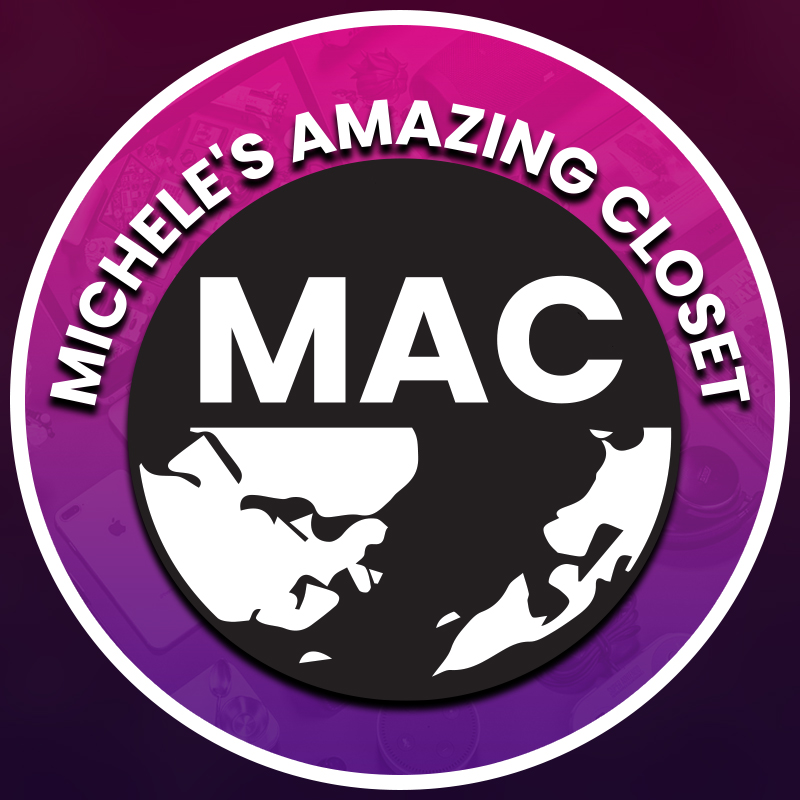
Butterfly Network, maker of a handheld, smartphone-connected ultrasound system, reported a 3.8% drop in revenue in the second quarter of 2023 at $18.5 million compared to its Q2 revenue of $19.2 million in 2022.
Butterfly reported a net loss of $28.7 million for the period compared to a $35.8 million loss in Q2 2022. Adjusted earnings before interest, taxes, depreciation and amortization (EBITDA) totaled a loss of $17 million compared to a $37.1 million loss during the same period last year.
The company saw a 21% increase in total U.S. sales at $14.3 million compared to the prior year, driven by higher subscription revenue and average selling prices, but a 44% decline in international sales at $3.3 million.
Gross profit for quarter two of this year was $10.9 million, relatively unchanged from $10.6 million in the second quarter of last year.
Total operating expenses for the second quarter were $42.2 million compared to $59 million in the same period last year, a decrease of 28.5%.
The company said it reviewed its full strategy with its new CEO, Joseph M. DeVivo, who was appointed in April, replacing interim CEO Jonathan Rothberg, founder and chairman of the board. Former CEO Dr. Todd Fruchterman stepped down in December.
Butterfly said it created a plan to reorganize the company to extend its cash runway, reduce operating expenses, expand growth initiatives and reinvest in its commercial organization.
“Specifically, with the reorganization, we extended our runway and reduced our operating expenses by an average of $2 million per month,” DeVivo said. “I believe getting back to basics with a smaller team, focusing on our strengths and leveraging what only we can do to add value to healthcare will bring the bounce back in our step and return the company to growth.”
THE LARGER TREND
Along with its quarterly earnings, Butterfly announced it would be launching its third-generation probe, dubbed Butterfly iQ3, next year.
It would also soon provide other AI-powered ultrasound developers access to its software development kits and APIs, which would enable integration of their applications into Butterfly’s imaging platform and make their apps compatible with Butterfly iQ+ probes.
The Massachusetts-based company would also offer new courses through Butterfly Academy, which offers foundational ultrasound courses.

